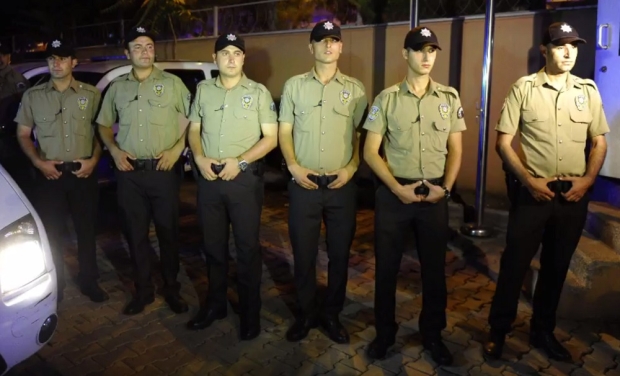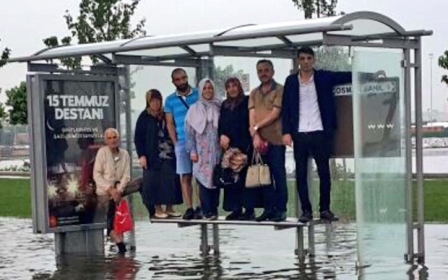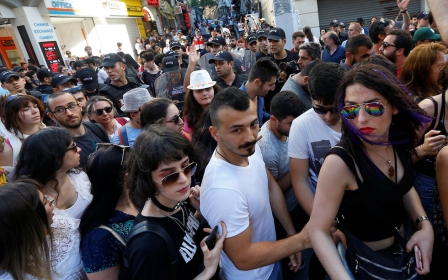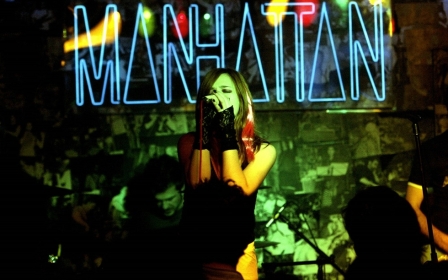Istanbul night watch: Guns replace kindly 'uncles' of past
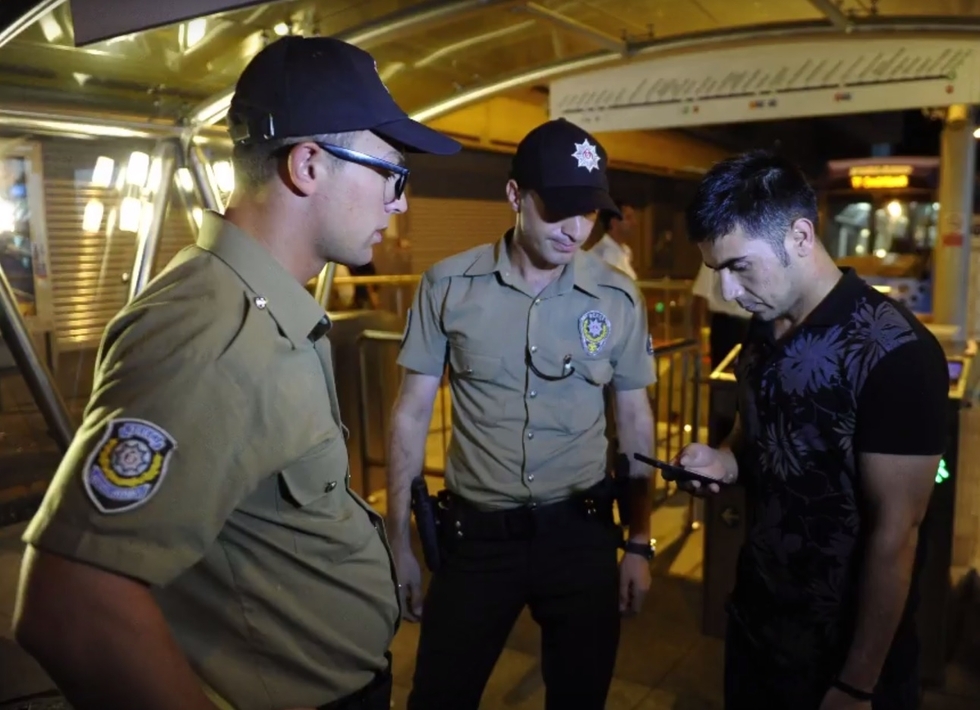
ISTANBUL, Turkey – They have powers to stop and search, can question anyone "suspicious" and - in the most serious of circumstances - they are sanctioned by Istanbul's police chief to shoot and possibly kill.
But the night watchmen of Istanbul, who began patrols on Monday, are not police, nor are they trained to police standards. They are "night eagles", and their appearance on the streets, while welcomed by some, has sparked fears of growing state intimidation of the citizenry.
Do not hesitate to use your weapons
- Mustafa Caliskan, Istanbul police chief
The eagles are a modern take on old patrols last seen in the metropolis 28 years ago. But unlike their forebears, who walked the streets with a whistle and baton and were often called "uncle watchman", the new generation carry sidearms - which Istanbul's police chief has said they should not "hesitate to use".
The only similarity to the uncles of yore is the drab brown uniform.
And against a backdrop of a state of emergency and a post-coup crackdown on opponents of the ruling AKP party, many in Istanbul see the eagles as another step on the road to overarching state dominance. Some have even compared the eagles to the feared Basij militia of Iran.
While paid for by the government, the eagles do not undergo full police training, and their selection criteria is not as tough. They do, however, receive some theory and practical training - including special forces tactics on how to stop vehicles and how to use firearms.
Dystopian visions
For Hatice, who did not want to give her full name for fear of reprisals, the eagles conjure a dystopian sense of deja vu.
"In the past, the watchmen were simple people from the neighbourhood and no one minded them," said the IT professional in her 40s.
"Everyone felt reassured as they went on their rounds blowing their whistles to let people know they were on the job keeping the area safe from burglars and other petty criminals.
Everyone felt reassured as they went on their rounds blowing their whistles
- Hatice, Istanbul resident
"But what is happening now is not reassuring at all. I think this is just a more intrusive manner of trying to spy on peoples' lifestyles and take illegal action against them. At best it is an attempt to intimidate people who are different from the AKP types," she said.
Others have said such patrols are unnecessary given the advance in technology since the 1990s.
Yucel Sayman, a prominent jurist and former chief of the Istanbul Bar Association, told MEE that their reintroduction was unconvincing from a social point of view.
"We live in an era dominated by technology. There are electronic surveillance cameras everywhere. The reintroduction of these guards doesn't make any sense in that way," he said. "The relative success or failure of this system in the past is also debatable."
From uncles to Big Brother?
Night watch systems have a long history in Turkey, existing in some shape or form since Ottoman times and primarily set up as a defence against burglars and other petty criminals.
The one Hatice remembers was abolished in 1991. Those watchmen were considered part of the neighbourhood furniture. And no one felt threatened by them because Turkey was not so polarised and people were not so viciously attacked for private choices, according to her.
The uncles were also portrayed as benevolent comical characters in Turkish cinema.
But thoughts on the new breed are not as positive.
To critics and detractors of the AKP, their appearance is part of moves against secularism - including changes to the school syllabus to remove entirely or drastically reduce mention of the republic's secular pillars and references to modern Turkey's founder, Mustafa Kemal Ataturk.
They also include an increase in physical and verbal assaults on women for their choice of clothing. Incidents involving the defacing of statues of Ataturk are also on the rise.
Others have suggested this move is part of a "quick fix" to manpower shortages due to the sacking of 8,000 police officers accused of links to Fethullah Gulen, the US-based preacher whom Turkish authorities accuse of orchestrating last year's coup attempt.
Who watches the watchmen?
Officials seem aware that the eagles' introduction might not be welcomed with open arms.
In a speech to the first batch of 386 watchmen, Istanbul's police chief, Mustafa Caliskan, warned them of the need to be on their best behaviour, and said the public would be observing them closely.
Pro-government television broadcast reports showing local traders expressing their pleasure at the patrols on their first night of work.
"Do not hesitate to use your weapons," said Caliskan. "Do not have any hesitation to make use of your legally granted rights and authority.
"If you are well-intentioned you will be able to carry out your duties without any problems. Check your manners, uniform, way of address very well. At this moment everyone will be watching you. They will be watching you closely."
"We want you to be deserving of the name night eagles. This name was chosen with careful thought. The start is very important.
"We will start very well. People will feel a difference once they start."
The watchmen will be accompanied by police during the initial stages of their deployment, and the scheme will be expanded nationwide after its Istanbul launch.
Moral quandary
But the reassurances have not soothed those who believe the eagles could easily become a copy of Iran's Basij militia - a volunteer force loyal only to the supreme leader, who subject citizens to beatings and intimidation for "moral" infractions.
Translation: Neighbourhood militias will start to operate and they will be called watchmen
Translation: What you call watchman, I call Basij. Understand?
"Look at society now," says Hatice. "Private security guards harass women in public parks for how they dress. Idiots attack woman on public transport, emboldened by the current leaders of the country."
"Do you think these neighbourhood guards are going to be angels? They will have the same mentality. This is yet one more step in the drive to take Turkey back to the dark ages."
This article is available in French on Middle East Eye French edition.
Stay informed with MEE's newsletters
Sign up to get the latest alerts, insights and analysis, starting with Turkey Unpacked
Middle East Eye delivers independent and unrivalled coverage and analysis of the Middle East, North Africa and beyond. To learn more about republishing this content and the associated fees, please fill out this form. More about MEE can be found here.


